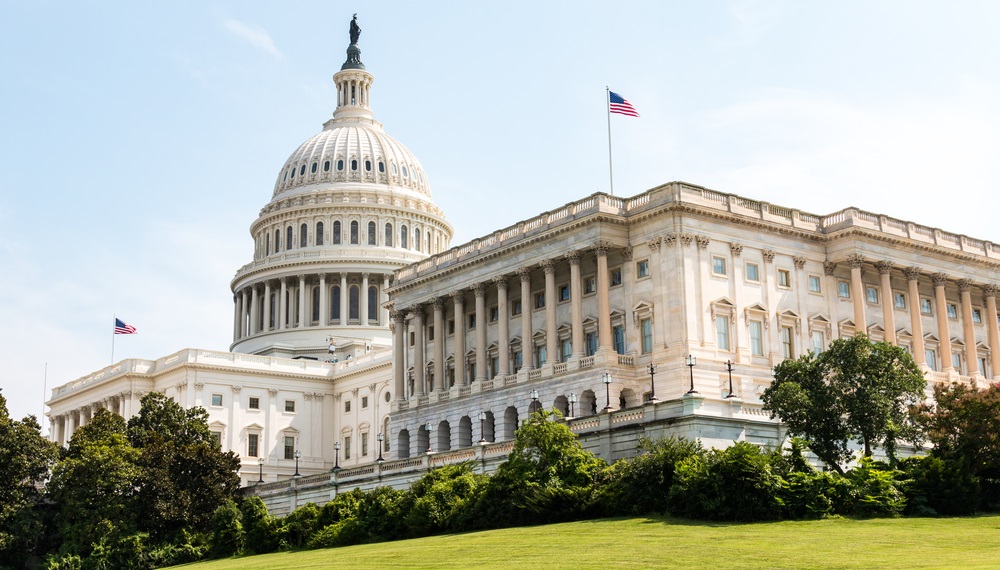 SHERRY V SMITH/SHUTTERSTOCK
SHERRY V SMITH/SHUTTERSTOCK
As Congress considers a spending bill with behind-the-scenes negotiations this week, many youth-serving organizations hope for an injection of cash into out-of-school time programs to aid hard-pressed youth and families.
None of the Senate spending bills released Nov. 10 included extra money for after-school programs.
But legislation introduced by Sen. Lisa Murkowski, R-Alaska, and Sen. Tina Smith, D-Minn., calls for an additional $1.2 billion for the 21st Century after-school programs that serve students across the nation, particularly in low-income areas. It’s possible the bill could become part of a COVID relief package or an omnibus spending bill, according to Erik Peterson, vice president of policy for the Afterschool Alliance.
The 21st Century Community Learning Centers Coronavirus Relief Act of 2020 (S. 4868) would allow programs to expand to serve more kids. Programs would gain flexibility — including being able to operate during the daytime, not just in the afternoon — to provide a supportive environment when schools are closed and students must learn remotely.
Critically, the bill would make it easier for parents to work during the pandemic, according to the Afterschool Alliance.
As a new coronavirus wave sweeps across the country, remote schooling is unlikely to end. On Wednesday, New York City announced its schools would stop in-person classes until the city’s virus test positivity rate drops back below 3%.
The legislation would “help after-school programs provide in-person and virtual services during the day to fill-in gaps in students’ hybrid or distance learning schedules,” Smith said in a statement.
Early in the pandemic, organizations including the American Youth Policy Forum pointed out the extra burden the pandemic puts on families of limited means.
When schools closed, students lost access to school meals and classroom technology. Parents lost jobs, putting families under great financial stress. Other parents struggle to hold on to jobs while helping kids navigate online learning. Older kids may be looking after younger kids, and families may lack computers or internet access for online schooling.
Advocates for children are also concerned about an increase in domestic violence and child abuse.
The virus is also disproportionately threatening communities of color.
“The 21st Century Program fills a crucial need for families during these unprecedented times,” said Michele Stockwell, executive director of Bipartisan Policy Center Action, in an email. It will help parents get the child care they need and help children get the consistent academic assistance they need to thrive, she said.
Supporters of the legislation include education groups such as the National Association of Elementary School Principals and the National PTA as well as after-school providers such as the Boys & Girls Clubs of America and the YMCA of the USA.
The legislation would let out-of-school time programs add staff in order to maintain social distancing and help them buy cleaning, sanitization and personal protection equipment supplies. It would require that programs follow pandemic health guidelines and demonstrate their compliance.





























